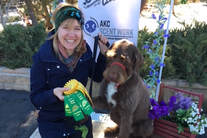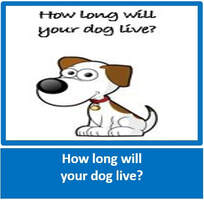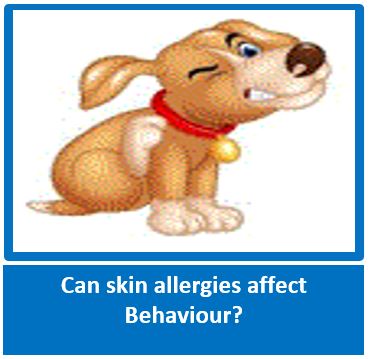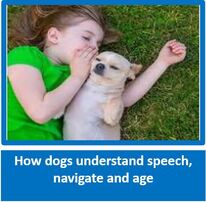|
If you have a cross breed it is always a good idea to have your dog DNA tested to find out what breeds make up your dog. This will go a long way to helping you figure out the 'work' he should be doing to stimulate innate needs, plus will allow you to see any genetic behaviour or health concerns. There are many more benefits, apart from figuring out why he does what he does, and satisfying your own curiosity! Easy to do - from the comfort of your own home - and non invasive. contact us at www.muttmix.co.za for more info, and to see out other unique product.
|
YOU CANNOT BELIEVE THE DIFFERENCE THAT CAN OCCUR IN BEHAVIOUR, IF YOU GIVE A DOG A JOB TO DO.
(ww.akc.org - a great site with a wealth of information on it)
From FOTD - stimulate your dogs natural sense of smell by laying trails in the garden, snuffle mat, behaviour games etc - there are very few dogs that are not stimulated and satisfied by games such as these
Some ideas
(ww.akc.org - a great site with a wealth of information on it)
From FOTD - stimulate your dogs natural sense of smell by laying trails in the garden, snuffle mat, behaviour games etc - there are very few dogs that are not stimulated and satisfied by games such as these
Some ideas

When Allison Wilt first picked up her dog, Finn, from a rescue organization three years ago, he was a bundle of nerves.
“People kept passing him off because they described him as being ‘a lot of dog,'” Wilt recalls. “He was very reactive to people and other dogs, at first. He didn’t know who his pack was.” Finn, then 14 months old, had a boisterous spirit, but he was also very intelligent, and “super-bright dogs with lots of energy need jobs.”
Now, at age four, Finn has mellowed out considerably, thanks in part to his participation in scent work, an AKC sport that requires dogs to locate a specific scent and communicate to their handler when they’ve found it. Wilt says she knew very little about the sport before getting involved, but signed up for a class at the suggestion of a dog trainer.
Though she initially enrolled Finn in agility and scent work courses, it became clear to Wilt after six or seven months that her canine companion had found his calling through his nose. “For me, the ‘aha’ moment was when we were at a scent work class, and [the instructor] had put a couple of different hides outside, and I saw how hard Finn was working, and how he was just so focused,” Wilt remembers. “He was just so into it. I realized this is his love; this is what he really likes to do.”
She also began noticing a change in her dog’s personality. “After he did a couple of searches, he just mellowed out a lot,” Wilt shares. “That’s when I realized, especially for a smart dog, that the process of having to puzzle something out and then feeling good about having done it, built his confidence.”
But Finn isn’t the only one that’s been positively impacted by scent work. “It’s very much a team sport. It requires you to recognize cues from your dog,” Wilt says. “And it’s really brought us together. It’s built my confidence with him. It’s taught me how to read him better. The connection I feel between the two of us is very strong because of the work that we do together.”
Wilt explains that another attractive quality of scent work is that it doesn’t require a lot of equipment, and you can pretty much train anywhere. “At night now, I will put several hides out, either inside or outside, and have Finn work on it,” the dedicated dog owner says. “And if there are days that I don’t do that, he’ll kind of come and crawl and start pushing on my arm like, ‘Hey, we’re supposed to be doing something here.'” In addition to training, the pair also competes at AKC Scent Work trials, where they have earned six titles already.
In the beginning, Wilt admits she thought the sport looked rather simple, even trivial. “But what I learned is that odor acts in very different ways in different environments. Learning how to place hides as you are building your skills is really important,” she notes.
In the beginning, Wilt admits she thought the sport looked rather simple, even trivial. “But what I learned is that odor acts in very different ways in different environments. Learning how to place hides as you are building your skills is really important,” she notes.
Wilt says she’s seen all sorts of breeds, both purebred and mixed, compete in scent work. “What every breed has is a nose. Finn was a smart, active, and food-motivated dog, so this was a perfect sport for him because it allowed us to train him with food, and he loves puzzles. What dogs are able to do with their noses is amazing.”
When thinking back on Finn’s early days, Wilt concludes, “People kept giving up on this guy saying he was ‘too much dog.’ It just required a little more patience to give him a chance to figure out what he’s good at.”
When thinking back on Finn’s early days, Wilt concludes, “People kept giving up on this guy saying he was ‘too much dog.’ It just required a little more patience to give him a chance to figure out what he’s good at.”





